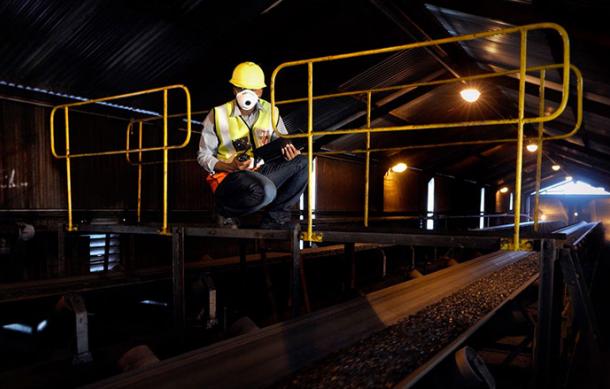
There is a need to improve data and research on TB infections in the mining sector in the SADC region, which is said to be a serious concern.
These were among the remarks made by stakeholders at a workshop on the first operationalization plan for the SADC Heads of State and Government Declaration on TB in the mining sector.
In 2017, estimated figures indicate that over one thousand TB cases were recorded within Namibia's mining sector, while Botswana recorded the least infections.
The SADC Region accounts for 70% of tuberculosis cases on the continent.
TB is a significant problem in the mining sector in Southern Africa, as infection rates among mineworkers and ex-mineworkers are at least three times higher than among the general population.
Executive Director of the Ministry of Health and Social Services, Ben Nangombe, is calling for effective collaboration, noting that more needs to be done in terms of availing resources to improve research and data on the prevalence of TB, combat the disease, and track progress in attaining set goals.
"That is important because data must inform our plans. If you didn't have information, if you didn't have data, it will be difficult for us to know what we need to do, who needs to be assisted, and where they are?"
Giving an overview of the declaration, Senior Programme Officer for Tuberculosis and Communicable Diseases, Dr. Charles Sandy, says progress has been made in combating TB.
Angola and Zimbabwe have transitioned out of the countries with a high TB burden, while 12 SADC countries are still considered among the globe's most TB and HIV-burdened countries.
This is attributed, among others, to exposure to silica dust, poor living conditions, no access to health care, and the absence of effective cross-border medical referral mechanisms within the region, which threaten to erode economic contributions in the sector.
The operationalization plan for the SADC Heads of State and Government Declaration on TB was adopted in Maputo in 2012 with the aim to combat TB and HIV in the mining sector as well as mitigate the negative impacts on economic development.
The workshop will thus discuss operational plans for the effective implementation of the SADC declaration, identify priority interventions and activities per sector, and review progress made.





